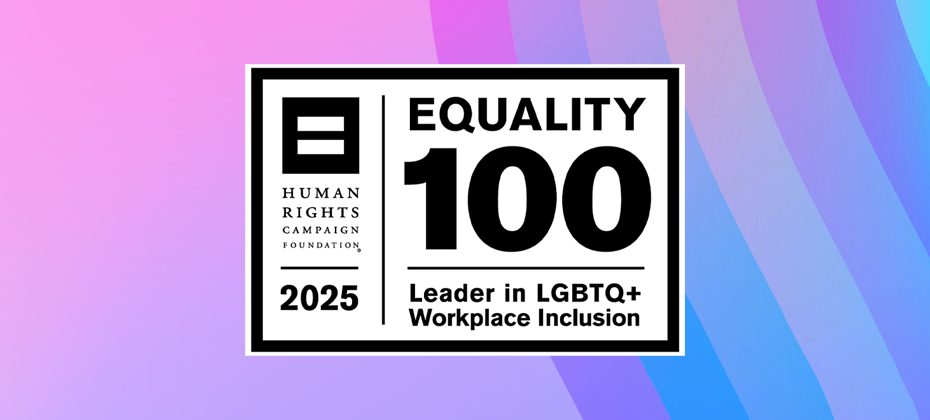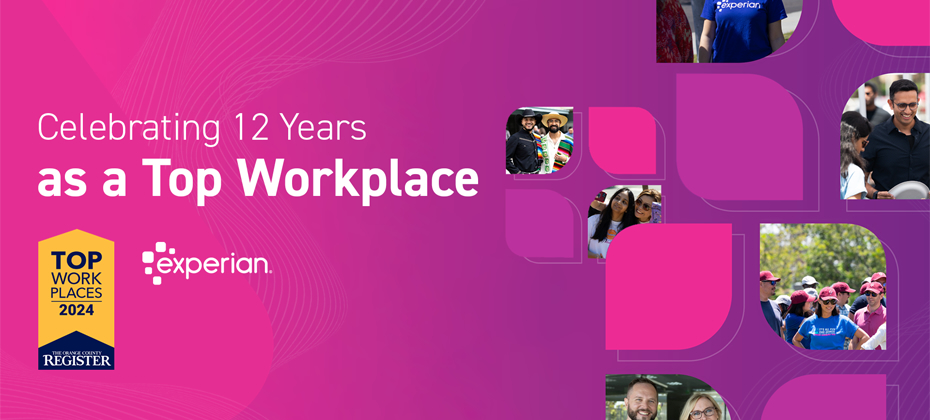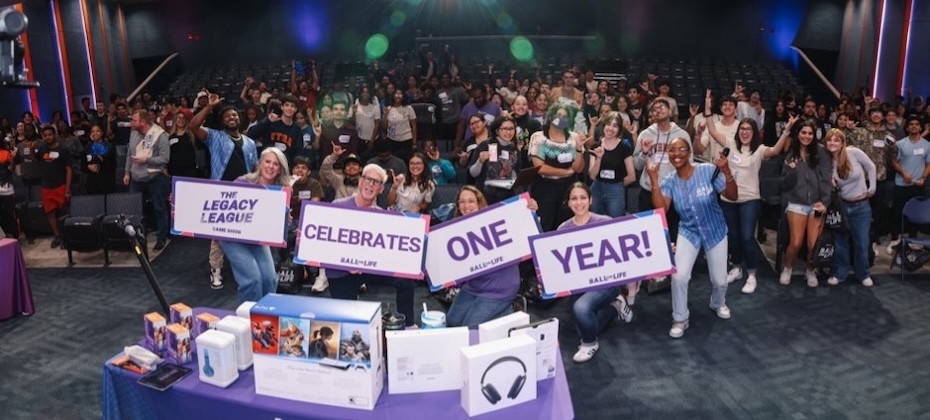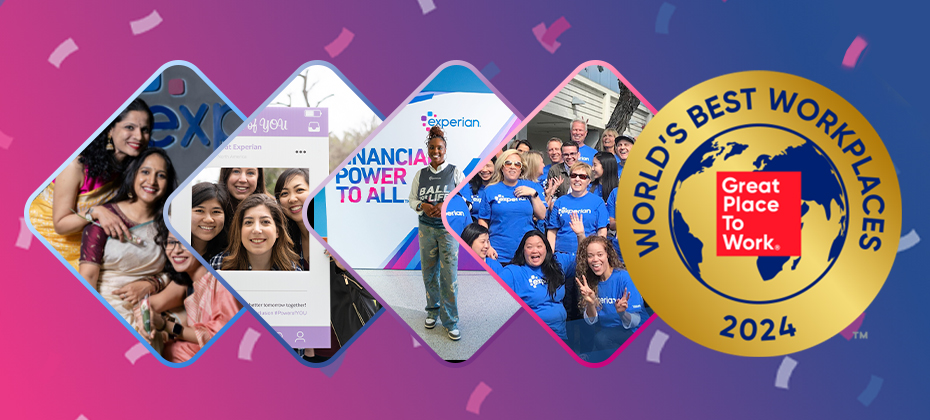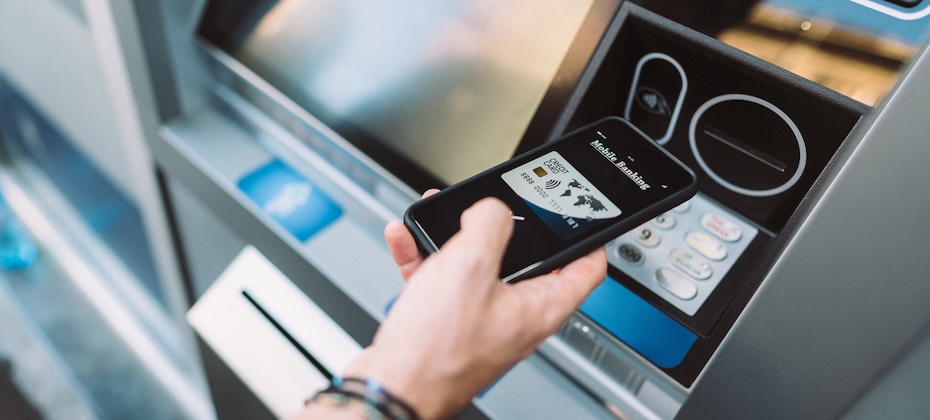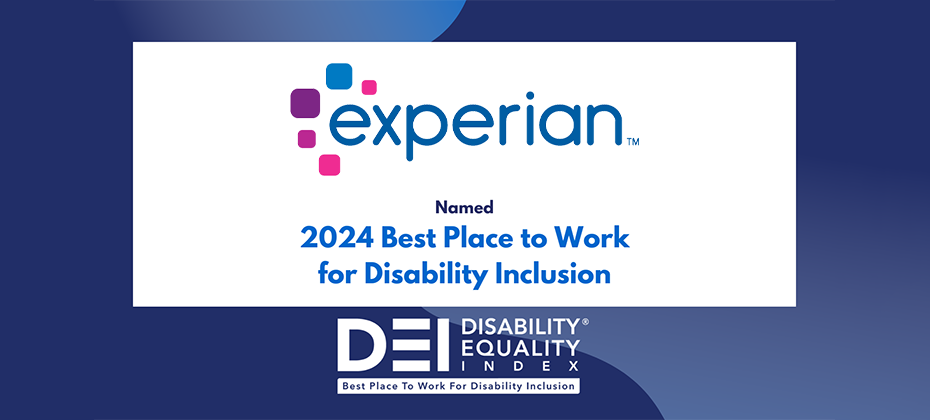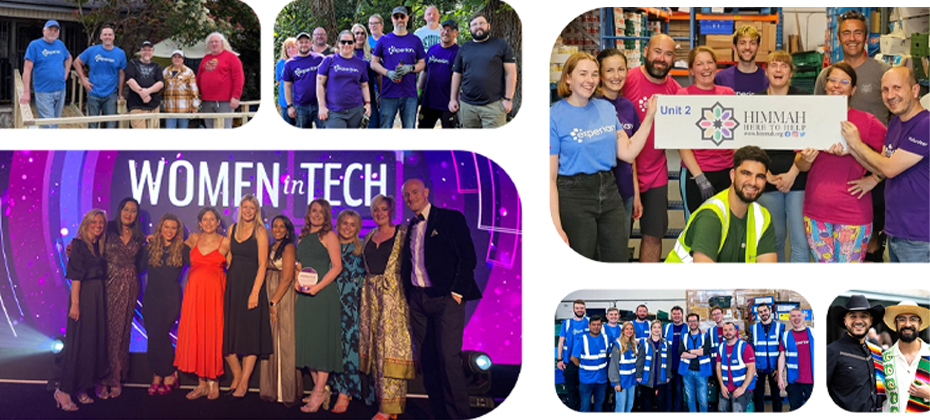At A Glance
At a Glance When an unknown printer took a galley of type and scrambled it to make a type 2ince the 1500s, when an unknown printer took a galley of type and scrambled it to make a type specimen book. It has survived not only five centuries, but also the leap into electronic typesetting, remaining essentially unchanged. It was popularised in the 1960s with the release ince the 1500s, when an unknown printer took a galley of type and scrambled it to make a type specimen book. It has survived not only five centuries, but also the leap into electronic typesetting, remaining essentially unchanged. It was popularised in the 1960s with the releaseince the 1500s, when an unknown printer took a galley of type and scrambled it to make a type specimen book. It has survived not only five centuries, but also the leap into electronic typesetting, remaining essentially unchanged. It was popularised in the 1960s with the releaseince the 1500s, when an unknown printer took a galley of type and scrambled it to make a type specimen book. It has survived not only five centuries, but also the leap into electronic typesetting, remaining essentially unchanged. It was popularised in the 1960s with the releaseince the 1500s, when an unknown printer took a galley of type and scrambled it to make a type specimen book. It has survived not only five centuries, but also the leap into electronic typesetting, remaining essentially unchanged. It was popularised in the 1960s with the release

Having a diverse workforce is vital to help us innovate and deliver on the needs of our increasingly diverse clients and consumers. Over the years, we've made some great progress, but there's so much more we can do and it's going to take the collective effort of all of us to continue to move the needle. That's why we're gearing up to celebrate International Women's Day (IWD). It's a day celebrated in many countries around the world to recognize the achievements of women and drive equality among men and women. At Experian, IWD activities are extending throughout the month of March. Have a look at what's going on around the world as Experian celebrates this important day: Asia Pacific The Asia Pacific region is hosting a range of activities across our offices in March, which will include round-table and speaker events as well as an opportunity to network and pledge their support for IWD. EMEA and UK&I EMEA and UK&I are joining together for IWD to support and celebrate diversity and inclusion. The week started with a video of employees from both regions reflecting on what diverse teams bring to our business. Employees will also be invited to a variety of events to engage and network with inspirational women and hear stories from our leaders on what diversity means to them personally. Latin America Throughout the month of March, Latin America has been running a campaign to share stories of achievements in their region and raise awareness about breast cancer prevention and other diseases more common in women. On IWD, there will be a panel of women leaders who will address issues such as the social inclusion of women in the region, women's participation in the labor market, Experian's commitment to female leadership and the importance of a work/life In Brazil, IWD is kicking off with a presentation by members of the United Nations to present their 50-50 Gender Equality program (which aims to eliminate gender inequalities by 2030) and how they are working with companies around the world to achieve this vision. Employees will have an opportunity to hear from leaders in our business about diversity and inclusion plans for the region, and listen to a panel of external speakers discuss diversity challenges and career development. North America Our employees in North America will be kicking off the week with celebrations across their ITS’ 13 offices in the region. Each office will have daily activities throughout the week, and all employees – including virtual and those based in smaller offices – will be invited to attend webinars focused on Diversity and Inclusion topics. On IWD, there will be panel discussions with senior leaders who will speak on various career development topics. To close out the week, there will be a special Book Club discussion on March 9. We will continue to update this blog post all week with pictures and other ways we’re celebrating IWD. Bookmark this page and come back.

In the United Kingdom, the Financial Inclusion Commission has previously expressed concern that 31 percent of the adult population has experienced one or more signs of financial distress, such as regularly accruing overdraft charges and using credit to pay for essentials each month. While the Bank of England has warned U.K. households about the risk and effects of their alarming, yet growing, dependence on loans and credit cards, knowing how to manage debt successfully is a vital skill many lack. While most individuals do comfortably manage their debt repayments, many unexpectedly face tough times, especially following disruptive life events that complicate financial management. Since joining Experian from university in 1992, I have been involved in a number of developments and initiatives to help people better manage their money, particularly during difficult times. Years ago, I oversaw the launch of our first telephone helpdesk for the UK public, and today I still answer questions online and occasionally on the radio from individuals worried about their credit scores and loan payments. After years of one-on-one interactions, my team and I have discovered that the key to growing our capacity to serve the community is through partnerships. To provide more effective support for U.K. consumers, Experian began to partner with debt advice charities that give free and professional guidance to people, including about credit score issues. Experian’s role is to make sure debt advisors understand the nuances of credit reporting and credit scoring when talking to and helping their clients. We provide this support in a number of ways. In the last year alone, we have trained more than 600 debt advisors through workshops and seminars, and provided free credit reports to more than 60,000 individuals through debt counselling outlets. Additionally, we have used our insight and data consultancy services to help a number of charities better understand, engage with and support their clients, for example, by identifying their clients’ preferred communications channels. This has included the Money Advice Trust, which runs National Debtline, and StepChange Debt Charity, a leading UK debt counselling provider. Our partnerships within the debt advice sector have not only enabled us to support, educate and empower more consumers to reach their financial goals, but also helped Experian better understand consumers’ greatest fears and misconceptions when it comes to finances. I have enjoyed representing Experian for the past 25 years including working with a number of great organizations and really passionate individuals – so much so that I jumped at the opportunity to join the board of a new debt advice charity, The Debt Counsellors Charitable Trust, a couple of years ago which was very much focused on helping the most vulnerable people. The relationships I’ve developed with these intelligent, ambitious debt advice advisors and charities has really inspired and humbled me. They work tirelessly every day to ensure households in the U.K. can reach their financial milestones – including, importantly, when things go wrong – and I am grateful to be a part of this important network. James Jones: Head of Consumer Affairs, U.K.

I feel that part of Experian’s responsibility as a global information services company is to build and bolster community involvement initiatives that help others. I’m currently a manager of our Fraud Resolution Team and Credit Educator Department in Allen, Texas, but I also have the honor of managing all outreach programs for our branch, bringing together Experian employees to give back to the community. Taking on a volunteer project on top of regular work can be daunting. As the point person for my office’s volunteerism, I’m in charge of communications about upcoming events and drumming up interest and excitement among employees, be it through flyers, silly videos, emails or even free t-shirts. I know a lot of my fellow employees, but I don’t know everyone, so spreading the word isn’t always easy. Despite these challenges, I continue doing this important work because I care about the impact Experian makes in its local communities. My first volunteer experience with Experian was working alongside Stop Hunger Now – an international hunger relief nonprofit – several years ago. I was amazed at the impact we had. Shortly thereafter, I also participated in a canned food drive, rallying Experian employees to visit the Texas Food Bank. After these two chaotic, inspirational, behind-the-scenes experiences, my interest was permanently piqued in on-site volunteer days within the Allen community. Since then, I’ve organized volunteer days with many other nonprofit programs. The amount of organization and work that goes into each volunteer day is much more than you might think. For every Stop Hunger Now event, we package 10,000 meals for those in need, which requires about 100 volunteers dedicating their time. When we worked with Habitat for Humanity, a nonprofit organization devoted to building homes for those who need them, our first two scheduled events were rained out – and it never rains in Texas! I was worried that no one would show up the third time, when we had to reschedule for 7 a.m. on a Saturday. Luckily, every single volunteer spot was filled. We got to meet the family we were building a house for, and we all signed a piece of wood from the house for them. Their gratitude made all the frustration and extra work worth it. It takes a village to get some of these events off the ground, but I have a strong support structure at Experian. And learning to empathize with people through volunteering helps me in my day-to-day work. People who are dealing with fraud can be very emotional, and fraud is unexpected by nature. My volunteering experience has equipped me with the skills needed to empathize with others better and think on my feet.

It’s my great pleasure to announce that, for the second successive year, Experian has been certified as a ‘Top Employer’ by the Top Employers Institute. The annual research programme recognises leading employers around the world. Awarding only those that provide the kind of conditions where their employees can develop, both professionally and personally, nurturing and developing talent throughout all levels of the organisation. Being recognised as a Top Employer two years in a row is a significant achievement, but I am also aware that the journey doesn’t end here. This isn’t the time to take our foot off the pedal. We will continue to develop our working culture, listening to feedback from our team and pushing the boundaries to create the best possible working environment for our people. After our initial recognition in 2017, we set ourselves a challenge to not only retain our Top Employer status this year, but also to improve our overall performance against the institute’s tough certification criteria. It’s down to the ongoing dedication of our UK team that we have managed to achieve this challenging objective. Experian is all about its people. We are committed to providing a working environment that people love, giving them access to the best training, the greatest opportunities and the latest tools – everything they need to progress their career. This award demonstrates that we are clearly on the right path, but we won’t stop here. We’re always looking for new ways to do things and to improve as a business. So by listening to our people and actively encouraging new ideas, together we will continue developing Experian as an outstanding place to work.

Real stories about helping people, businesses and society as told by Experian employees around the world. It’s a simple concept and, as the first year of our #ExperianStories series showed, a powerful one as well. What began as a call to action in support of our global brand refresh last January has become an employee-driven chronicle of our ongoing journey as a company. These stories tell how employees are helping more people access the financial services they need, helping them protect their identities, and how we are making a difference in our communities. A new Experian story is added here to the Experian Global News Blog site every few weeks and shared via social media channels like Facebook, Twitter and LinkedIn. Below is a sampling from the more than 40 #ExperianStories employees have contributed so far: In India, we shared how we are using biometrics to help people with thin credit files, including those in rural areas with little or no formal identification, to prove their identities and secure the loans they need. In the U.K., one of our data scientists told how her own educational and professional journey gave her the passion to help more girls explore a STEM education. As she puts it, “No one should have to automatically rule them out of a career path based on gender.” In Brazil, we are addressing fraud by working with financial technology (fintech) organizations, including online lenders, to overcome the high fraud rate in Brazil to “help the right people to get the money they need at a fair price, faster.” It’s been a year since we started sharing our #ExperianStories and we’ve reached 20 million people so far. Given what our company is doing and the innovative approaches to solving society’s problems, this second year promises to be every bit as informative and impactful. And beyond the stories themselves, I am equally proud of how our employees are making a difference and how they work every single day to use data, analytics and technology to help improve lives around the world. Stories matter. Our employees matter. And the work they are doing makes a difference. I hope you continue to join us on our #ExperianStories journey.

This morning on my way into the office, I made my usual stop for coffee. Just like every other day, the barista greeted me by name and my usual drink was being made before I got to the counter. Doesn’t it feel nice when you’re recognized? The same holds true when we interact online. We want to be recognized when we transact online, because recognition helps to stimulate trust. And trust is what makes all of us feel safe and protected. New research from our Global Fraud and Identity Report demonstrates that customer recognition also plays a large role in indicators of fraud. Most of the 500 business executives in 11 countries that we interviewed across the globe, said that if they were certain about a customer’s identity, the need for fraud risk mitigation would be reduced. One of the trickiest components to fraud detection, is finding the fine line between turning away good customers and letting the fraudsters slip through. Our global research revealed that most businesses tend to demonstrate suspicion when it comes to preventing fraud, following a route of detection rather than permission or trust. In fact, 71 percent of businesses know that they deny more transactions than they should. The end result isn’t just a loss of sales, but it also may very likely damage the lifetime value of that customer. Business leaders agree that if they were more precise in identifying the customer and avoiding denial of real transactions, they would see an increase in revenue. In addition, the report confirmed what we all already know – as consumers, we expect the companies we do business with to protect us. We surveyed 5,500 people in 11 countries, and many said they equate visual signs of security and the barriers they encounter when accessing their accounts to mean the transaction is more secure. Nearly 7 out of every 10 people like the security protocols when they transact online because it makes them feel protected. As customers, we want to believe that banks and retailers are doing everything they can to protect and secure our online transactions. Our study also found that 72 percent of businesses say fraud is a growing concern, with online fraud continuing to be a top concern across the globe. One of out every 10 businesses are experiencing the same or more fraudulent losses online compared to a year ago. Fraud is always evolving and fraudsters are becoming more resourceful than ever before. And while there is no silver bullet, and good modern fraud detection requires multiple fraud detection strategies, better customer recognition could make an immediate difference. Simply put, the better you recognize the customer, the better you can recognize fraud. Get a copy of the complete Global Fraud and Identity Report

Patients ideally should know what they’re going to owe when they show up for an appointment – the last thing they need is a big financial surprise to add to the stress of their visit. Similarly, doctors, nurses, hospitals and all healthcare providers help people to stay healthy day in and day out. Providers should be able to go to sleep at night knowing that they’ll be fairly compensated for the work that they do. However, making that happen isn’t easy. Behind the scenes, contracts, benefits and eligibility between medical groups, hospitals and insurance payers are fairly nuanced and complex. Clients benefit when it comes to how much a patient owes a hospital or medical group after treatment, rough estimates aren’t ideal – perfection is difficult/ create problems and issues. Billing must have pinpoint accuracy and add nuance based on unique contract terms that all medical groups and hospitals sign with their employers and payers. The details can actually be quite difficult to keep straight, and there is an extensive amount of variation in each contract’s rules. Experian Health works to make payment transparency the norm, so that patients know what to expect and healthcare providers are paid fairly, accurately and in a timely fashion. I began working for Experian in 2004 but my interest in product development and research eventually led me to Experian Health. My team of more than 100 Experian employees painstakingly reviews contracts, patient eligibility, benefits information and historical claims to generate an accurate fee estimate for each patient’s medical visit. Nuance/aiding are helping to work toward this. We utilize up-to-date technology that organizes all the information we find in an extensive database and review the claims on behalf of both our medical group clients and patients. The biggest challenge for me and my team is anticipating both patients’ and hospitals’ future needs and innovation in the field. Any time healthcare policies are changed or reimbursement guidelines shift, it affects our clients and requires nimble thinking on our part. How do we ensure that our technology is as modern as possible and our team members stay current on the latest trends and news? I’m looking forward to seeing how we continue adapting in the future.

I’m the Managing Director of Serasa Experian, meaning I work with Experian’s Business Services Unit to identify how data can unlock new opportunities for businesses across Brazil. I worked in the banking industry for more than twenty years, but joined Experian two years ago because I was excited by the company’s innovative use of data to solve real-world problems. I regularly work with small businesses in Brazil and hear firsthand about the challenges they face. From client conversations and recent data analysis, my team discovered that companies across the country were having difficulty identifying trustworthy suppliers for their supply chain. In fact, a recent Experian survey found that eight percent of suppliers pose risks to their business partners due to labor, tax or environmental problems. Verified background information – such as financial history and risk of default – are surprisingly difficult to find, making it difficult and time-consuming for small businesses to find trustworthy supply chains. We knew there had to be a simpler way to match companies. That’s why we created Serasa Conecta, an online marketplace that connects verified suppliers with verified buyers. Using Seresa Conecta, a buyer of a clothing store, for example, can register a customized page and scroll through the pages of trusted retail suppliers who can partner with their business. Suppliers, on the other hand, can use the portal to identify new customers to help increase sales and build their reputation. On the backend of the marketplace, Experian analyzes each company’s background, and can help determine which companies could forge the best partnerships based on simple reports and balance sheet analyses. Whenever a buyer selects a supplier, Experian also runs a risk assessment of both parties to ensure it’s a good fit. When Serasa Conecta was launched, buyers and suppliers in Brazil were thrilled by the marketplace’s ability to both increase sales and verify safe companies quickly and easily. I take pride in knowing my team and I have made a positive impact on thousands of small businesses in the country. Although I have only been at Experian Serasa for two years, I am excited to see how data can continue to unlock opportunities, connecting communities and improving the lives of companies around the world.

Today’s world runs on data. We all leave footprints in the digital world, from the profiles we build of ourselves online, to the countless internet searches we conduct each week, to the information we share via a myriad of apps downloaded on a multitude of devices. The proliferation of new technologies has meant that those footprints – the information and data generated through our digital actions – are seen, recorded and analysed, not only by the service providers but often by their partners as well. Data is everywhere. The quality, management and understanding of that data is crucial for both businesses and society. It allows businesses to develop better products and services, and it is also the key to building better relationships with consumers. To build those relationships, we (the business community) must recognise that the information belongs first and foremost to the consumer. It is their data. We are its custodians, and we must act accordingly, to make sure that people understand and are comfortable with our sight and use of that data. We must be able to build trust, while meeting all the associated obligations that come with the responsibility of managing huge volumes of personal information in a complex digital world – prioritising security and transferring that data both safely and efficiently. At Experian we process over 1.5 billion records a year. We believe data can empower, and we want to help people understand the positive role that it can play in their lives and how it can help improve their financial circumstances. To do that, we must understand how good that understanding is today. How far have consumers come on the ‘data journey’? Do they appreciate the control they have, their rights, and access to their data? Do they trust the caretakers of that data to do the right things with it, to protect it, to manage it and to look after on their behalf? Getting this right is more than just important. It is the responsibility of companies like ours to help people understand what information exists about them, where it goes, what it means, and how they can use it better. In May next year, the arrival of the EU’s General Data Protection Regulation (GDPR) will see a new enforced focus on consumer rights in this space. We will also see the advent of new data driven initiatives such as Open Banking, designed to give consumers more freedom to choose the products and services that work for them. These initiatives make it imperative for the business community to find better ways to communicate with consumers about why we have their data, what we do with it, and how they can use it and control it in the way they’re most comfortable with. We have commissioned research into people’s attitudes to data to help us, and you, understand how people in Britain feel about the way their data is kept and used today. We’ve done it because we want to have this conversation both with the business community and with people themselves. It’s their data, and we want to make sure they’re empowered, comfortable and confident in where it is and how it is being used. True innovation can only be fostered in an environment of understanding and trust. We hope this is the first step in building that together. Read our whitepaper on the UK’s attitudes towards data here.

My work with the non-profit side of Experian started more than a decade ago, when I was asked to provide some general oversight with a project. I was only meant to play a supporting role, but my passion for the work blossomed immediately. It also seemed fortuitous that my colleagues could jokingly call me “Tammy Non-Proffitt.” Non-profits are dedicated to furthering and advocating for their respective social causes, but they don’t always have the resources they need to drive their message home. Additionally, non-profits sometimes have trouble understanding who their actual donors are due to a lack of data insights. With the limited budgets non-profits have, it would be a shame to waste hard-earned dollars on a campaign that won’t resonate with the right people. Luckily, Experian utilizes data that helps non-profits target the audiences that care about their causes across multiple channels, driving donations that are crucial to the organization’s function, while raising awareness about their cause and furthering their efforts. Recently, I worked with the Raleigh, North Carolina-based non-profit Rise Against Hunger, an international organization that prevents hunger by providing food and aid to people who need it. When Rise Against Hunger was looking to promote several fundraising Facebook campaigns, our data allowed the organization to identify the right audiences for them to target. With this data, Rise Against Hunger can directly target people who are more likely to care – and donate – to their cause. I’ve also had the opportunity to work with The Orangewood Foundation, based in Santa Ana, California, which prepares former and current foster youth to reach their potential and learn about the basic life skills they need to succeed. Like Rise Against Hunger, Orangewood needed help segmenting their own current donor base for different promotions and campaigns, based on age, location and area of interest. Orangewood provides services to more than 1,500 youth every year, so making sure they are targeting the right people for donations is extremely important. Since I began working with Orangewood, I’ve had the chance to visit their campus and charter school, and was simply blown away by the quality of their staff and facilities. Data drives and informs decision-making, helping organizations like the non-profits I work with make smart choices about their communications outreach. In addition, my recent work has not only allowed me to help non-profit clients I care about, but also connected me with other Experian employees, showing how different teams can effectively collaborate to use data for good.

In October, I had the pleasure of joining many industry leaders and fraud risk professionals from around the world at Experian’s Fusion Summit 2017 held in Scottsdale, Arizona. Our annual Fusion Fraud Summit is a great opportunity to hear from industry leaders on what trends and emerging technology they are currently focusing on. This collaboration with other thought leaders is critical to staying ahead of fraudsters and keeping consumers safe, while providing the best experience possible. In addition to enjoying the sunny Arizona venue, I had the opportunity to network and have candid conversations with attendees and speakers about their fraud challenges and how these challenges affect their businesses. One thing I found striking is that in nearly every conversation, the topics centered on one or more of the following four themes. Security As consumers, we want to feel safe and we want to feel that businesses are doing everything they can to protect us: our payment information, our identity, our credit. Similarly, businesses want to help their customers feel safe, but they also want consumers to know that the data entrusted to them will not fall into nefarious hands. As such, the fraud leaders I spoke with at Fusion are more concerned with security than ever before. But they also know that there is no silver bullet to solve the ever-growing fraud problem. Instead, it’s a multi-layered approach that includes a combination of products and strategies that will recognize identities and assess risk of fraud. Those layers will help to provide the right level of confidence for every transaction. Recognition Being recognized by the people we do business with goes a long way. Whether it’s your coffee shop barista or the front desk clerk at your favorite hotel, being recognized makes us feel appreciated and special. The same applies in today’s digital environment. With the lack of face-to-face interaction online, being recognized when transacting and engaging online is even more important. Customers expect to be recognized and welcomed wherever and whenever they do business. The fraud leaders I spoke with said the same; they want to be as certain as they can about who their customers are. The benefits to this are huge – customers are recognized and welcomed, and it is easier for the business to recognize the fraud. Convenience We all lead busy lives, so it’s handy when we can easily pay bills or make purchases online. But it is not convenient when we’re forced to enter in passwords we may not remember, or get a code from our phone just to prove who we are. Worse yet, purchases could be declined unnecessarily. Now that’s inconvenient. Businesses struggle, especially this time of year, to provide a hassle-free experience for their customers while keeping a handle on increased levels of fraud during the holiday buying season. Most of the executives I spoke with at Fusion would like advanced authentication and security measures that don’t impact customers negatively but provide a better way to establish trust. Trust And in the end, it really comes down to trust. As consumers, why do we prefer to do repeat business with people we know? It is because we trust them. You know them, they know you: recognition helps to stimulate trust. As businesses get to know and recognize their customers, even online customers, they become more confident in evolving the level of conversation and engagement. Trust is at the center of every strong, lasting relationship. And trust is what makes all of us feel safe and protected. While at Fusion, I gave attendees a sneak peek into some of the findings of our upcoming annual Global Fraud Report. Over the last several months, we interviewed 5,500 consumers and more than 550 businesses in 11 markets around the world to hear what concerns and priorities they had. We look forward to sharing lots of great information in the next few weeks and throughout 2018, but for now I can tell you 30 percent of businesses are experiencing more fraud losses over the past 12 months. While these same businesses are eager to introduce new and innovative ways for consumers to open accounts or conduct transactions online, they also are keenly aware that new channels present new challenges. In order to make a difference, we need to work together as an industry to find smarter and more efficient ways to protect both the businesses and the customers they serve. Throughout the coming months, we’ll be sharing the 2018 Global Fraud Report and the findings. I’m sure you’ll find – just as we did – some eye-opening research into how consumers view recognition and trust and what businesses need to do to provide that secure and positive customer experience. For more information about how Experian can help you recognize your customers and better detect fraud, visit: https://www.experian.com/decision-analytics/global/fraud/global-identity-fraud.html

Positive female role models are important if we are to transform some of the preconceptions that the public, and more importantly young girls, have about a career in STEM. To achieve this, it’s important that the effort starts at an early age to breakdown the stereotypes and outdated views that certain professions are gender-specific. At Experian, we are committed to empowering more women to become data scientists. That’s why we were delighted to sponsor the Women in Data conference in November, to help inspire, educate and support women into the data industry. Further to that, we are absolutely thrilled to find out that Experian's data scientist Berenice Pila-Díez was announced as one of the 20 women in data and technology, a project showcasing women forging careers in the traditionally male-dominated fields of data and technology. We hope that Berenice’s story, along with the others, will act as inspiration for the next generation of girls (and boys) to follow in their footsteps and establish a successful career in STEM.
